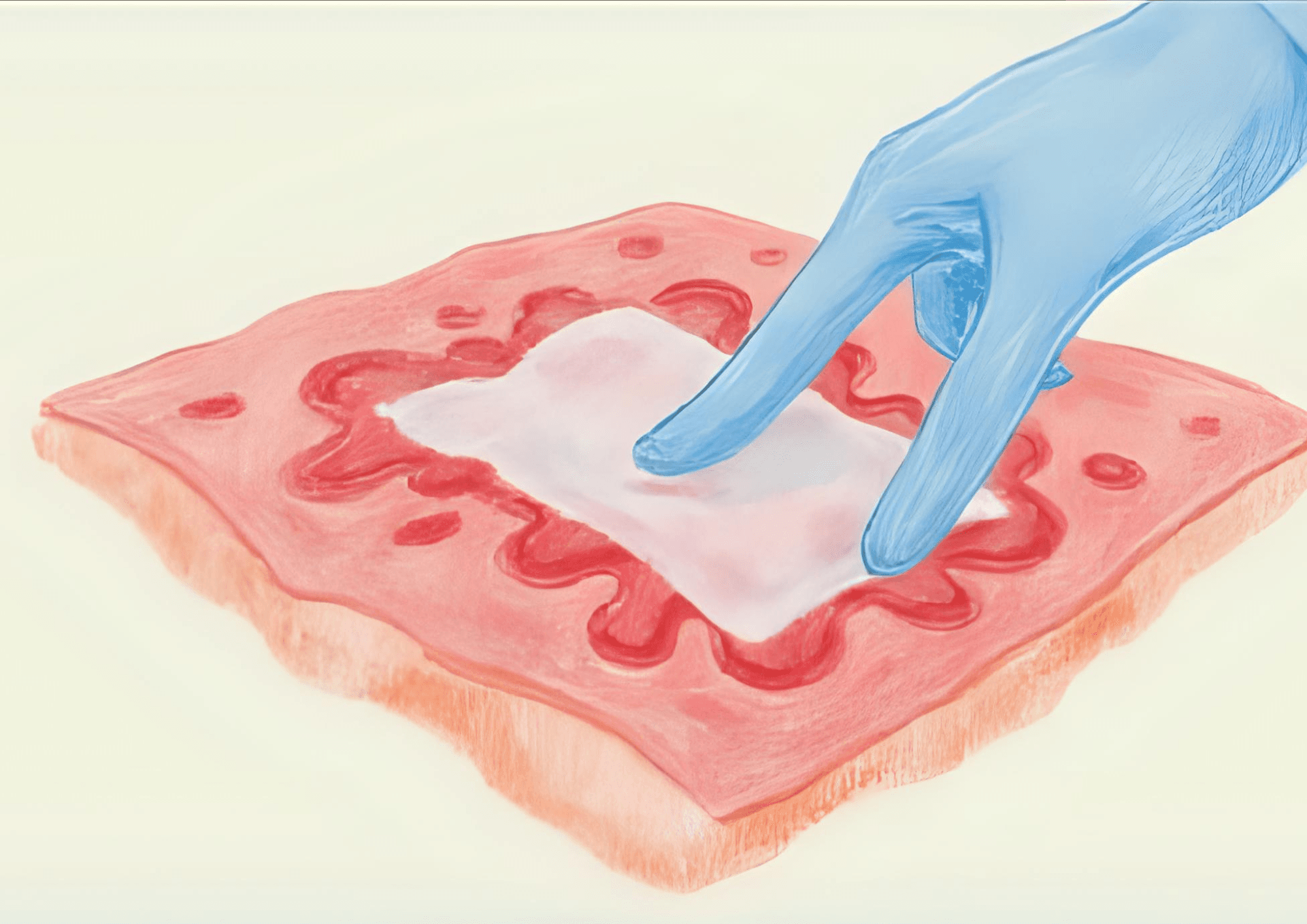08 Sept 2025
9 MIN READ
Your mouth reveals your overall health
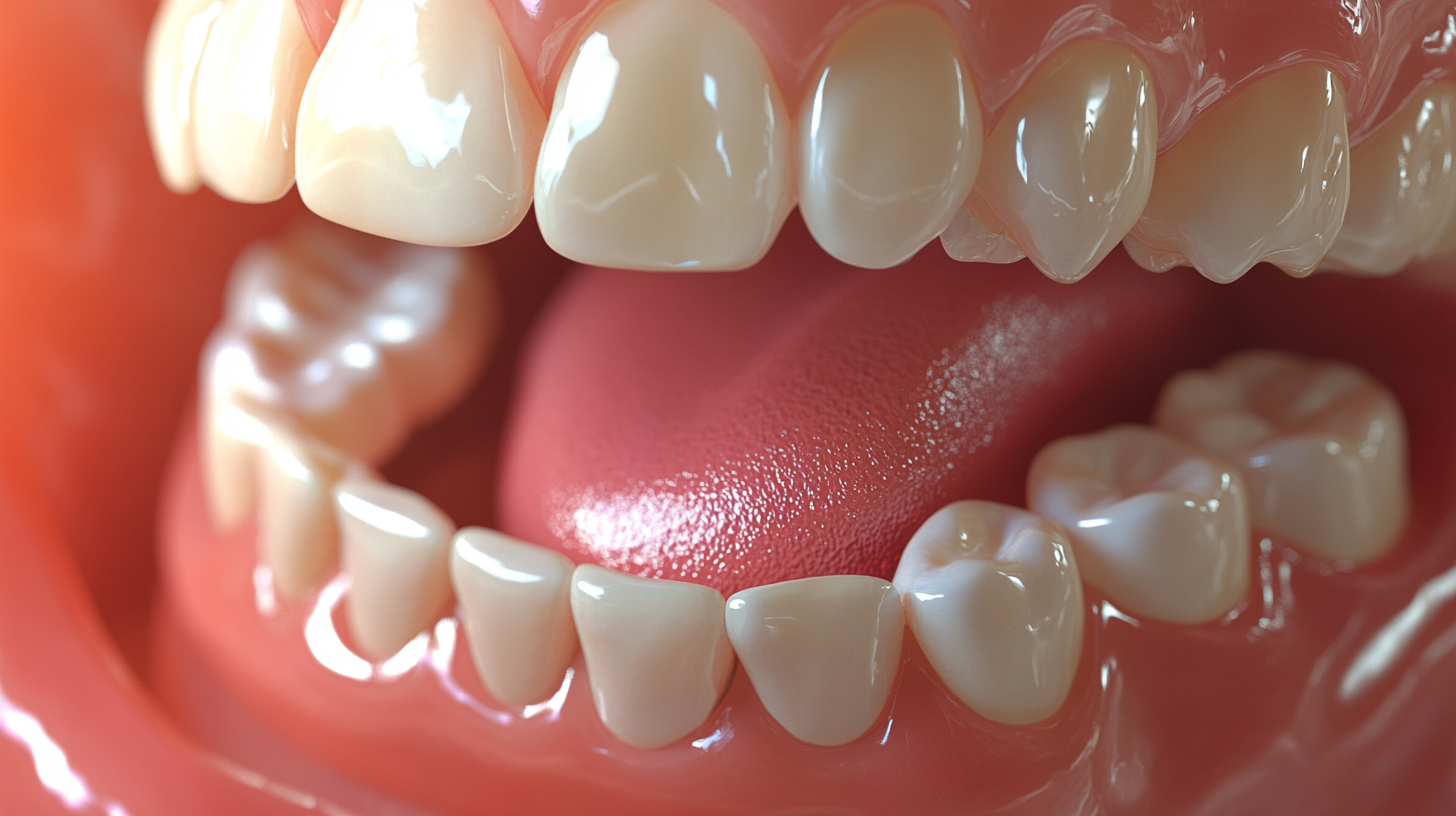
When you see your favorite food, does saliva roll out of your mouth? Your mouth begins to produce saliva.
It is saliva that works as a lubricant for your food to digest and pass through your food pipe into your stomach. The ingredients in the food mix with the saliva to evoke your taste buds.
Similarly, saliva helps to find a clue about any undetected disease inside your body. DNA, RNA, and proteins in the saliva help to detect an underlying disease and help to prevent it from worsening.
Likewise, your tongue, teeth, and gums relay information about cancer, autoimmune disease, viral or bacterial diseases, cardiovascular disorders, and mental disorders.
Traditional doctors tested bad breath, tongue, or gums to identify a disease, while modern doctors analyze saliva to diagnose a condition.
3.6 million people globally suffer from oral (teeth or gums) pain regularly.

Tongue diagnosis methods
Chinese herbalists examined the tongue color of their patients to predict signs of diseases some 2000 years ago. Similarly, this old practice is embraced by computer and health professionals to diagnose diseases using artificial intelligence, machine learning, and modern equipment.
Scientists achieved 95% accuracy in identifying symptoms for diabetes, renal failure, and anemia by checking the tongue color.
Machine learning uses a planned approach to find out the reason behind tongue colors. The steps include:
-
Data accumulation
-
Feature collection
-
Knowing the patterns
-
Model training for AI
-
Testing
-
Accuracy measurement
-
Real-time applications

Tongue colors and related health implications
A healthy tongue is pink in color. Tongue color testing can indicate the presence of diseases that may not show symptoms.
Food may develop a color on your tongue, which does not mean it is a disorder. If you worry about your tongue color, consult a health expert to know the reasons.
FUN FACT: Each person in the world has a unique tongue print.
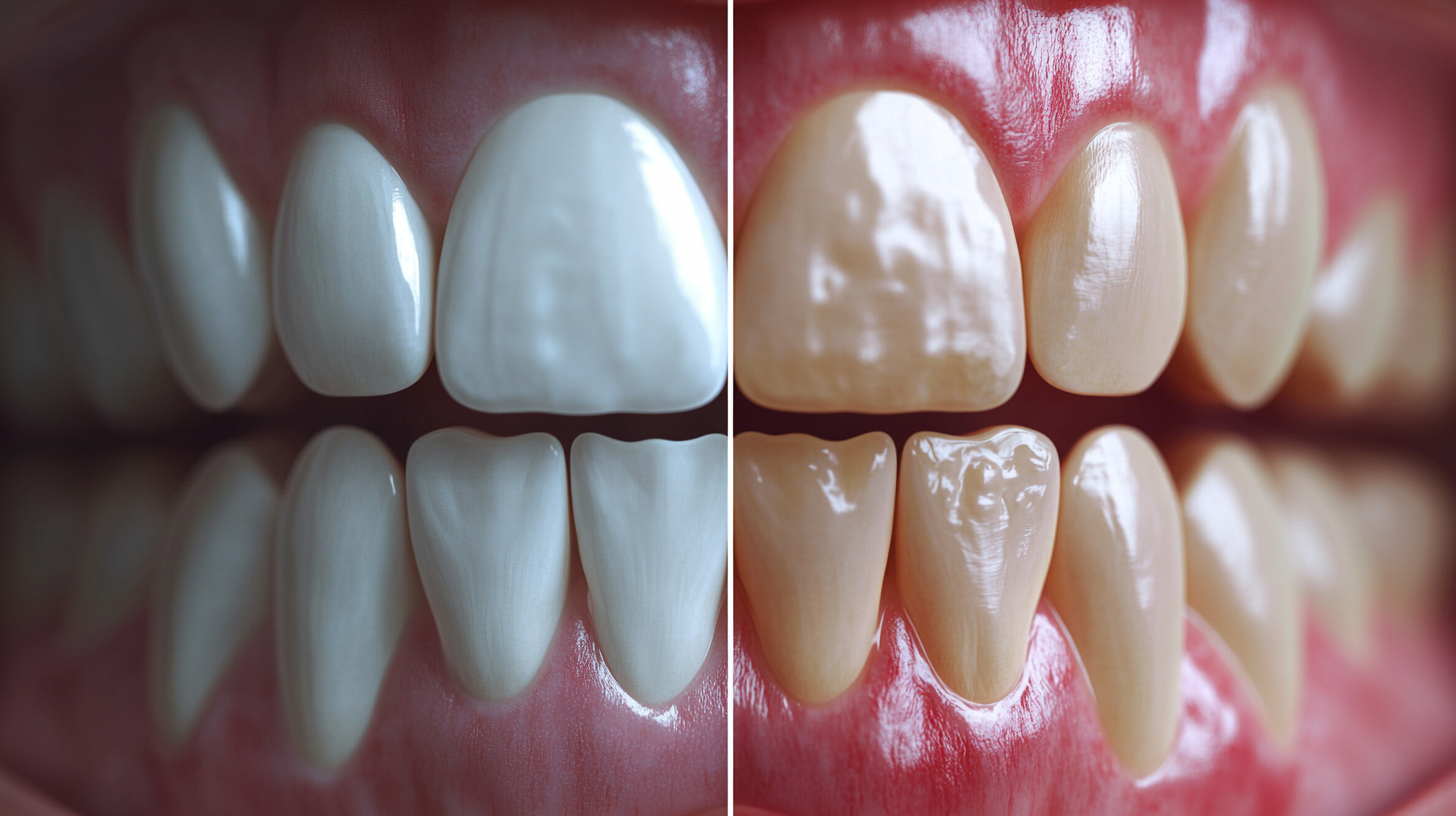
Gum disorders
Gums support your teeth and maintain their health. Gum may develop diseases like:
-
Periodontitis is a gum disorder that damages the soft tissue of the gums around the teeth. It may cause tooth loss.
-
Gingivitis makes the gums tender, red, and swollen.
-
Bleeding gums are the result of solid plaque deposition along the gum line.
-
Gum abscesses are infections around the tender gum tissues.
Gum disorders are linked to heart disease, diabetes, clogged arteries, lung damage, and bone porosity.
Did you know that?
Your gums work as a barrier for outer microorganisms.
The gums protect your teeth and keep away tooth diseases.
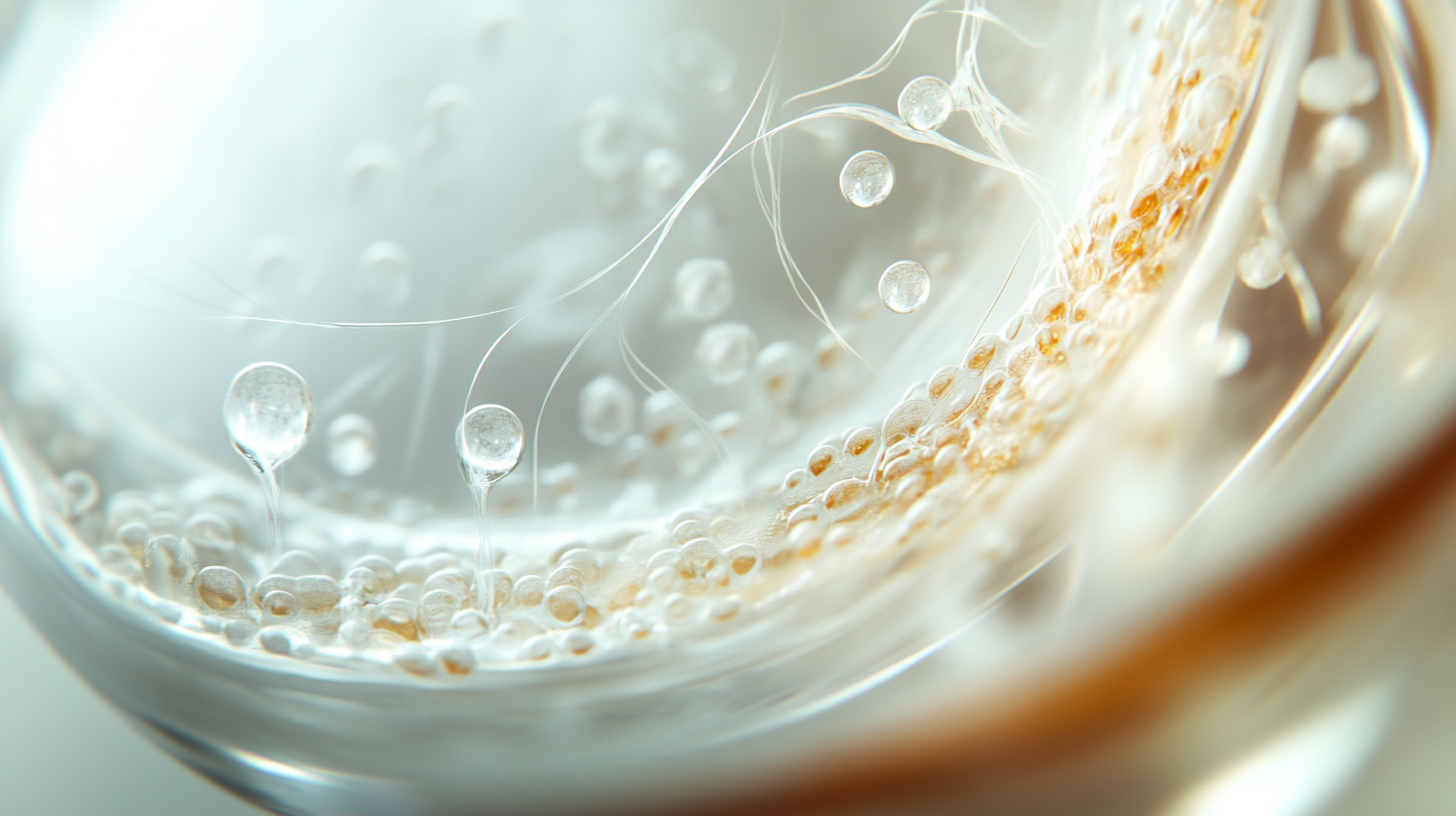
Saliva composition
Saliva contains multiple chemicals and electrolytes. Let us closely look at its components in detail:
-
Electrolytes - sodium or magnesium.
-
Enzymes - amylase, lingual lipase, or kallikrein.
-
Mucins for lubrication and oral tissue protection.
-
Epidermal growth factors repair oral tissues.
-
Antimicrobial factors - lysozyme, lactoferrin, beta defensin, and immunoglobulins.
Each component contributes to the oral health, defense, and repair mechanisms.
Saliva detects a hormonal imbalance
Saliva is a hormonal imbalance indicator. Saliva is a blend of hormones.
It contains:
-
Cortisol or stress hormone
-
Thyroid hormones
-
Neurotransmitters
-
Digestive hormones
-
Reproductive hormones
-
DNA and RNA
Saliva tests give confirmed results for levels of these hormones, like:
-
Higher cortisol levels point to stress and impact mood, metabolism, and immunity.
-
Increased thyroid hormones show thyroid dysfunction and lower energy, weight, and deteriorated heart health.
-
The reproductive hormones deficiency alters mood and energy levels, and makes a person tired.
-
The digestive hormones restore blood sugar levels, appetite, and metabolism. Their imbalance can create diabetes, metabolic disorders.
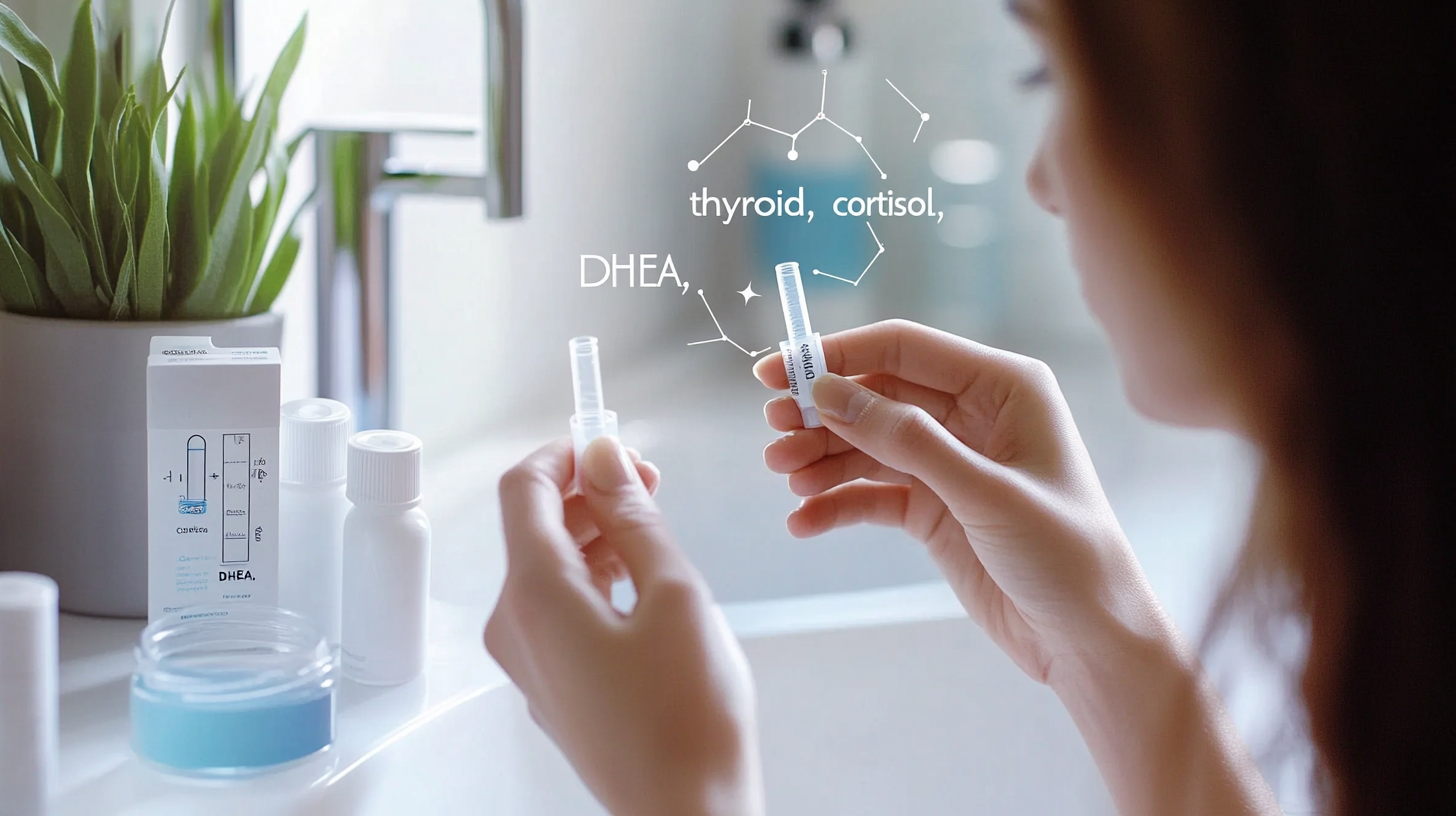
Saliva protects your well-being
Saliva lubricates your mouth, tongue, throat, and teeth. It releases mucus and separates the oral organs. It supports various body functions, which include:
-
Kills external germs and bacteria
-
Neutralizes acids
-
Prevents bad breath
-
Prevents tooth decay
-
Protects tooth enamel
-
Lubricates chewing and swallowing
-
Speeds up internal wound healing
-
Aids digestion
-
Helps the food movement
Saliva is the first defense for your body with troops like antibodies, immune cells, and protective molecules to fight against external microorganisms.
The saliva is acidic with a pH that lying between 6.3 to 7.6. It maintains the neutral composition of the mouth.

Doctor’s perspectives on oral hygiene
Poor oral hygiene worsens your entire health. Numerous people suffer from bleeding gums, tooth decay, and dry mouth. Hence, health experts advise taking good care of your mouth and getting regular oral tests from professionals.
People with bad oral health may have heart or lung disorders, and women may face difficulties during pregnancy.
Multiple tests to prevent oral diseases are available. They include:
-
Visual tests
-
pH tests
-
Oral microbiome analysis
-
X-rays for tooth defects
-
Gum tests like periodontal probing
-
DNA tests for pathogens
-
Biopsy for oral cancer
Gum bleeding highlights gum disease. Inform your dentist to ensure what the next step is.
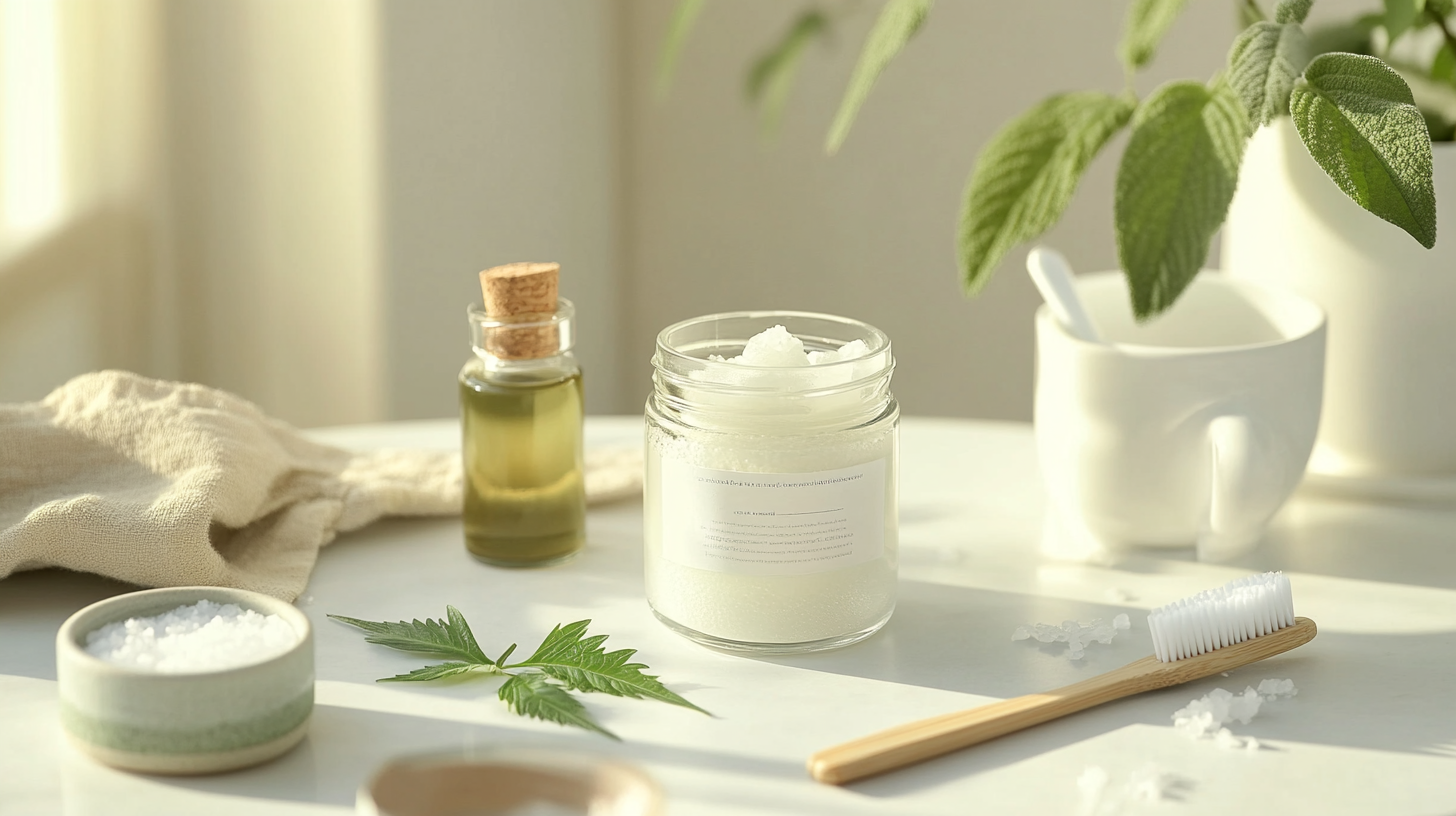
Handy remedies for oral health
Regular oral care ensures your overall health. Several people skip brushing or cleaning their gums, resulting in oral cavity diseases. Follow these simple steps to keep oral diseases away.
-
Brush your teeth twice daily for 2 minutes and scrape your tongue once.
-
Floss your teeth gaps.
-
Massage your gums with a soft toothbrush.
-
Oil pulling with coconut water escalates bad breath.
-
Saltwater gargling can kill germs.
-
Use aloe vera to soothe gum inflammation.
-
Green tea strengthens tooth enamel.
-
Chewing neem or basil leaves refreshes the breath.
-
Apple cider vinegar kills bacteria and clears stains.
-
Hydrate yourself to clean food residues in the mouth.
-
Eat nutrient-rich fruits for oral health.

Your mouth can reverse diseases
Your teeth, tongue, gums, and saliva are mute messengers of your health. They do not speak but give you subtle signs of your present condition. You can push away diseases by observing small changes in your mouth. It is a mirror of your well-being. What is your mouth trying to tell you?


